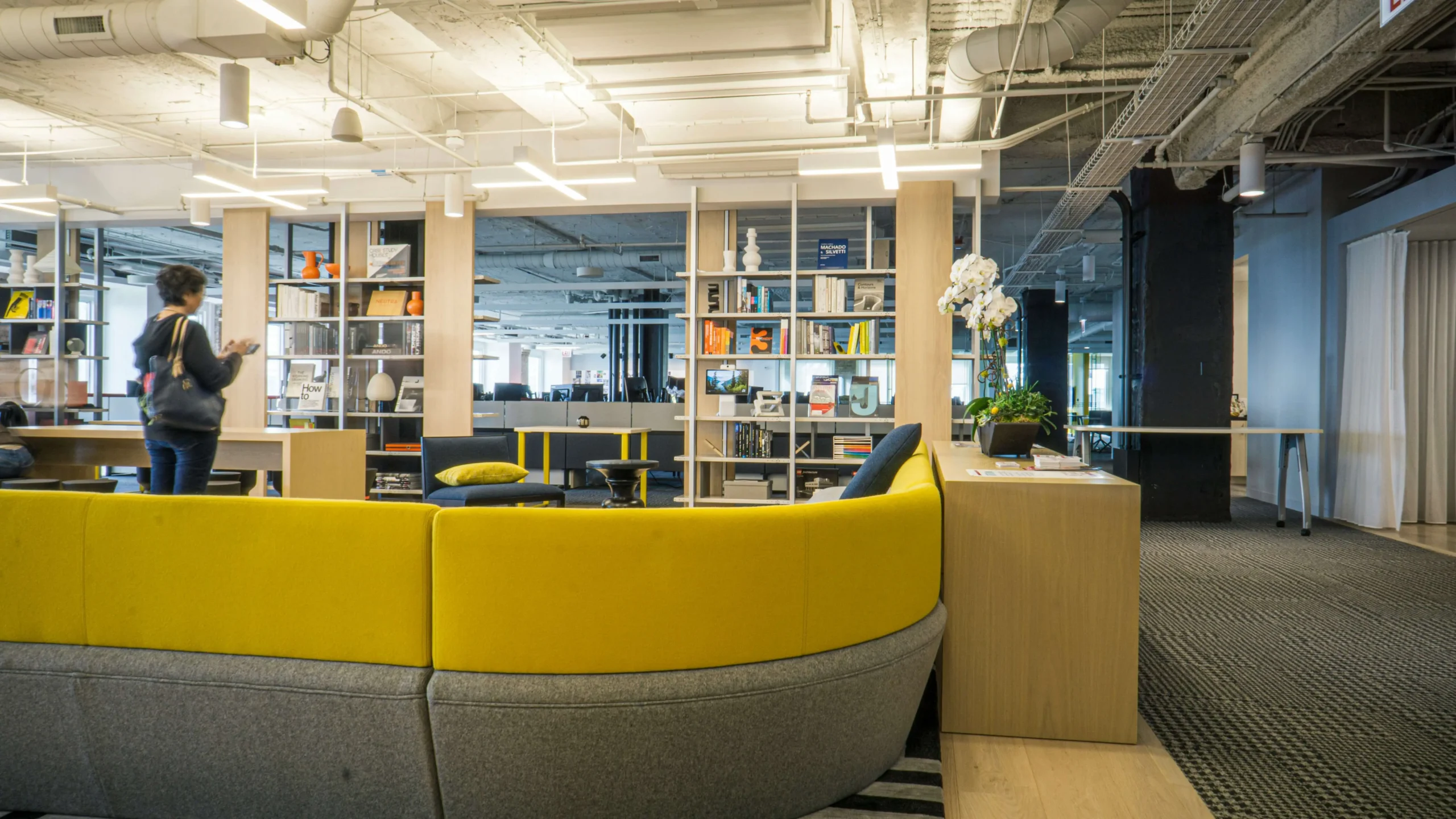Apprenticeship Week 2025 – a personal view from Josh Marodeen
When you think of apprenticeships, the sort of thing that usually springs to mind is trade skills like plumbing, electrical technician, or engineering. But today,…
Read More
For many growing businesses, moving from a shared workspace to a dedicated office is an exciting milestone. It signals expansion, greater autonomy, and the ability to create a working environment tailored to your company’s needs. However, the transition also brings new responsibilities – ones that many business owners may not have encountered before.
In a shared space, everything from cleaning and maintenance to security and compliance is managed behind the scenes. The Wi-Fi just works, the lights stay on, and if something breaks, someone else is responsible for fixing it. But once you move into your own premises, those operational tasks fall to you. Suddenly, you need to ensure the building remains safe, compliant, and fit for purpose – all while running your business.
This shift can be overwhelming, especially for businesses without an in-house facilities management (FM) team. Ensuring that fire safety checks are carried out, contracts with service providers are managed, legislation is adhered to, and reactive repairs are handled promptly requires both time and expertise. It’s no surprise that many companies find themselves struggling with unexpected costs, inefficient maintenance, or even compliance risks in the early days of managing their own office.
One of the first challenges business leaders encounter is maintenance and repairs. In a shared space, problems are logged with the provider and quickly resolved. But in your own office, every repair – whether it’s a leaky tap, a faulty HVAC system, or a power outage – needs to be managed and paid for. Without a structured plan, maintenance can become reactive, leading to higher costs and avoidable disruptions.
Another major hurdle is compliance. Employers are legally responsible for ensuring their workplaces meet health and safety standards, but many new office occupiers are unaware of their obligations. From fire risk assessments and electrical safety checks to lift maintenance and legionella testing, keeping up with regulations can be a minefield. Failure to comply doesn’t just risk fines – it could endanger employees and affect business continuity.
Security and access management can also present unexpected complications. While shared workspaces have controlled access systems and security teams, moving into a private office means making decisions about everything from CCTV coverage to key fob systems. Without the right setup, businesses could be left vulnerable to security breaches or unauthorised access.
On top of this, workspace optimisation becomes an entirely new challenge. In a shared office, the provider ensures the space is designed for productivity, with meeting rooms, breakout areas, and ergonomic workstations. But in a standalone office, businesses must plan layouts, furniture, and space utilisation themselves, often without expertise in workplace design.
This is where a flexible FM service can be invaluable. Instead of hiring an in-house FM team or relying on multiple service providers, businesses can access professional support as and when they need it. A flexible FM model allows companies to scale services up or down depending on demand, ensuring they only pay for what they use.
One of the biggest advantages of a flexible FM approach is cost efficiency. Managing facilities independently often leads to unexpected expenses, from emergency repairs to compliance-related fines. A structured FM service helps businesses plan and budget more effectively, reducing the risk of sudden financial shocks.
It also removes the burden of compliance. With an FM provider handling safety checks, risk assessments, and regulatory requirements, businesses can be confident they are meeting legal obligations without having to navigate complex legislation themselves.
Proactive maintenance and supplier management are also key benefits. Instead of scrambling to find a plumber when a pipe bursts or dealing with unreliable cleaning providers, businesses using a flexible FM service gain access to a vetted network of trusted suppliers. This ensures high-quality service delivery without the hassle of managing multiple contracts.
Beyond the practicalities, a well-managed office has a direct impact on employee wellbeing and productivity. Research has shown that well-maintained work environments contribute to employee satisfaction and performance. A well-run office isn’t just about ticking boxes, but about creating a space where people can do their best work.
For businesses planning their move, the key to a smooth transition is preparation. Identifying potential challenges early and securing the right support can prevent costly mistakes. A flexible FM service offers peace of mind, ensuring that as businesses settle into their new space, they can focus on growth rather than operational headaches.
Moving into your own office should be an exciting step forward, not a source of stress. With the right approach to facilities management, businesses can enjoy the benefits of their new workspace without the burden of unexpected responsibilities.
We created ‘FM on Demand’ to support businesses as much – or as little – as they need. Read our case studies on how we’ve successfully supported Embark and Chelsea Harbour with FM on Demand, or contact us to discuss how we can support your business.
Here are some more news and opinion articles that may be of interest:








